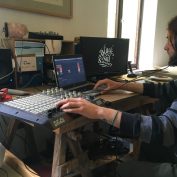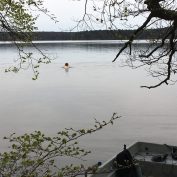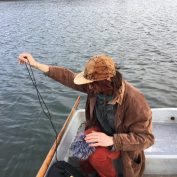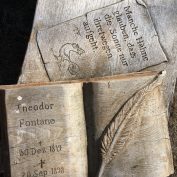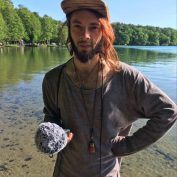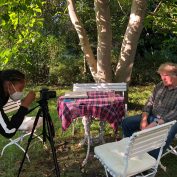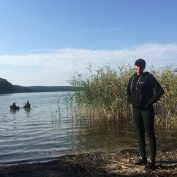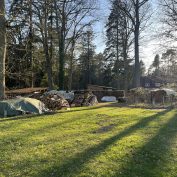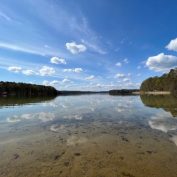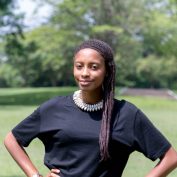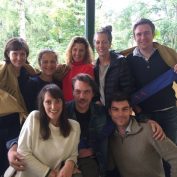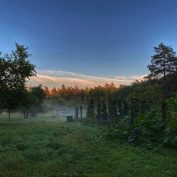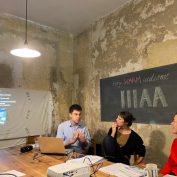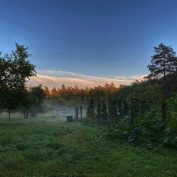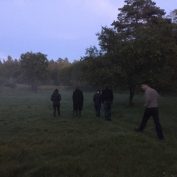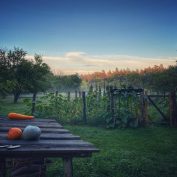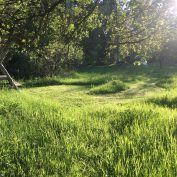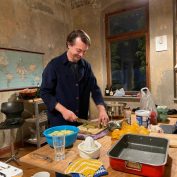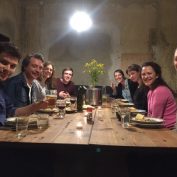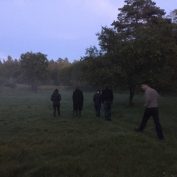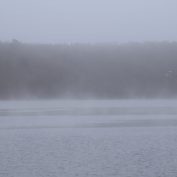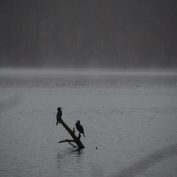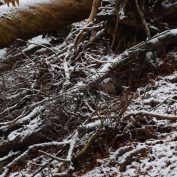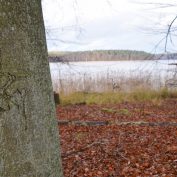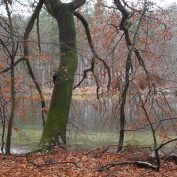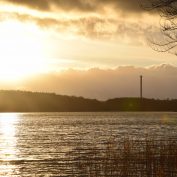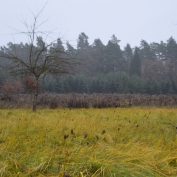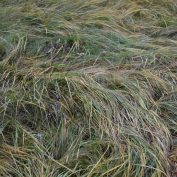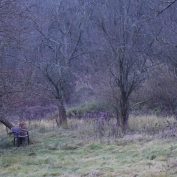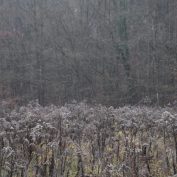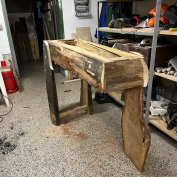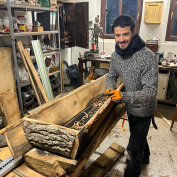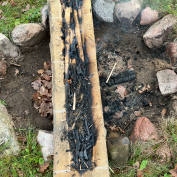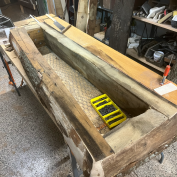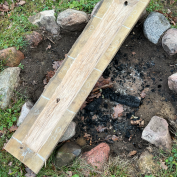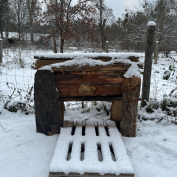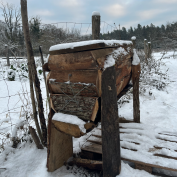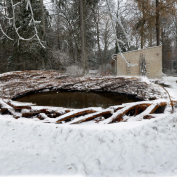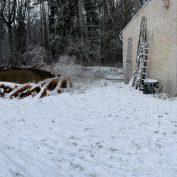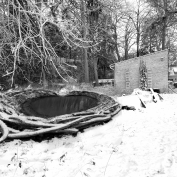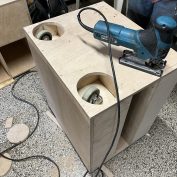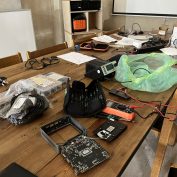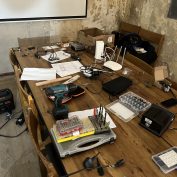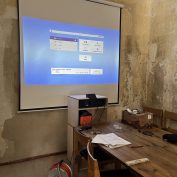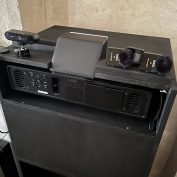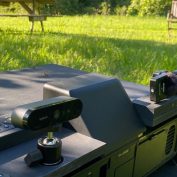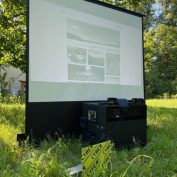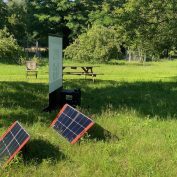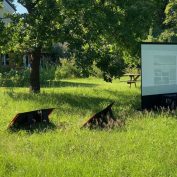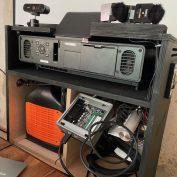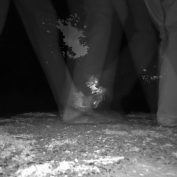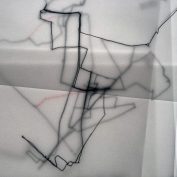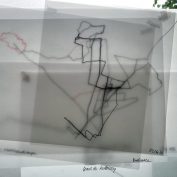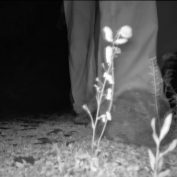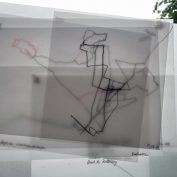idea
Climate justice, the protection of biodiversity and an end to the global destruction of our livelihood are the central challenges of all industrialized nations. The absolutely necessary socio-ecological transformation of our societies will request all available capacities in the coming years. In his last book, “The great transformation – introduction to art social change” former President of the Wuppertal Institute and member of the Club of Rome, Uwe Schneidewind, lays out the concept of the “Zukunftskünstler” (Artist of the Future) – as a driver of the necessary change. Similar to Bernhard Waldenfels, Schneidewind recognizes a art as a process that can make deviation, the surprising and seemingly superfluous visible in order to break through the course of normal experience and perception. Artists give impulses for overcoming ambivalences and creating incredible with limited means. Skills that we are mandatory on in our disruptive times. The art, if it is responsible for its social responsibility, thus plays the significant role of developing new narratives on the way to a de-carbonized and globally just future in a serious play instinct. Artistic production is given to this particular social importance on the SI. The potential of the artists is reinforced by the encounters with the producers of the NGOs and individual activist. The mixture of social responsibility and free artistic action make SI a real laboratory of a future worth living.
foundationers 2021
Ilias Mavromantis
Ilias Mavromanis (Sound Reportage “Interfere: Voices of Stechlin”) works as a young artist/scientist at the intersection of ecology and sound in the broadest sense. The result is a beautiful, approx. 45-minute sound report “Interfere: Voices of Stechlin”, which has already been broadcasted twice on radio (Colaboradio, RBB) and was visually accompanied for the UDK annual Rundgang. At our Sommerfest 2022 the work was presented with underwater impressions from Lake Stechlin.
¶
Yandeh Sallah-Muhammed
Yandeh Salllah-Muhammed is both Director of Gambian Marine and Environmental Conservation Initiative, as well as a freely working performer and artist. She also chose the Stechlinsee as a topic. As a West African woman, she opens up a completely new perspective by interconnecting a post-colonial feminist approach with an animist-west-African narration. The result is a short film that will make the beginning of a series over water.
¶
Kasiah Fudakowski & Philipp Moderson
The Intensive Independent International Amateur Academy (IIIAA), (“Convicting Concrete”, production of a stop-motion feature) over several phases, Kasia Fudakowski and Philipp Modersohn – with the support of other guests – have worked on the role of concrete in the context of climata change. The work negotiates the legal aspects oft climate crisis and its drivers in clever narrations in a stop-motion film.
¶
Lone Haugaard Madsen
INHALT
foundationers 2022
Björn Kroeger
- © Björn Kröger
- © Björn Kröger
- © Björn Kröger
- © Björn Kröger
- © Björn Kröger
- © Björn Kröger
- © Björn Kröger
- © Björn Kröger
- © Björn Kröger
- © Björn Kröger
Björn Kröger (artistic-scientific book project on the environmental history of Lake Stechlin) This work was triggered by the progressive, dramatically poor condition of Lake Stechlin in recent years. Over a period of 2 years, Björn has dealt with the role of humans in the cloudiness of Lake Stechlin. During his time at the SI, Björn expanded the countless historical documents to include many interviews with actors involved in the Stechlin. The manuscript begins with Björn’s very personal experiences, which connect him, having grown up on the Stechlin as a child, with this special body of water. Through his personal experiences, the historical facts and the perspectives from the interviews, Björn develops the question, which goes far beyond the locality and condition of the lake: How can we redefine our relationship as humans to the natural, beyond consumption, extraction and exploitation?
¶
Theseas Efstathopoulos
Theseas Efstathopoulos („Wormship“/worm composting and „Smallest Stechlinsee“/wetland biotope)
Starting from the question of how the biological sphere of the Stechlin Institute could be improved by human intervention, Theseas has set out to work in two fields: 1. The enrichment of the soil with a vermicompost. 2. An easy-to-create and maintainable wetland to increase biodiversity. Both were worked on with special consideration of existing resources and ecological conditions.
¶
Robert Schnüll
Robert Schnüll (Potentials of Decentralized Federated Networks) „The digital is political and thus also its underlying infrastructure – especially in the context of cultural institutions“ What was once conceived by the World Wide Web as a radically new public space – by everyone for everyone – is becoming more and more centralized and closed. Spaces that were once open are now being replaced by private platforms. Who gets what reach and what hearing? Who determines the space and the medium? At the Stechlin Institute, Robert investigates the perspectives of rural areas on the conception of a decentralized semantic data network.How could federated networks help to link rural entities to contribute to democratization? Using programming code as a tool, Robert develops a new semantics at the intersection of code and social responsibility.
¶
Susanne Bosch
Susanne Bosch (Forest = Optical Home) In view of the impending scenario that Germany will lose significant parts of its forests due to the climate crisis, Susanne asked herself the question: „What is a visual home, what makes the forest so immensely enjoyable for me, what do I associate with the forest, physically, mentally, historically, in my memories?“ And further: „What also makes forest an uncanny place, a place of mystery or hidden?“ Based on these questions, the artist offered a total of 4 nocturnal walks as „performative walks“ for those interested, which enabled an immersion in the sphere of the forest.
¶


